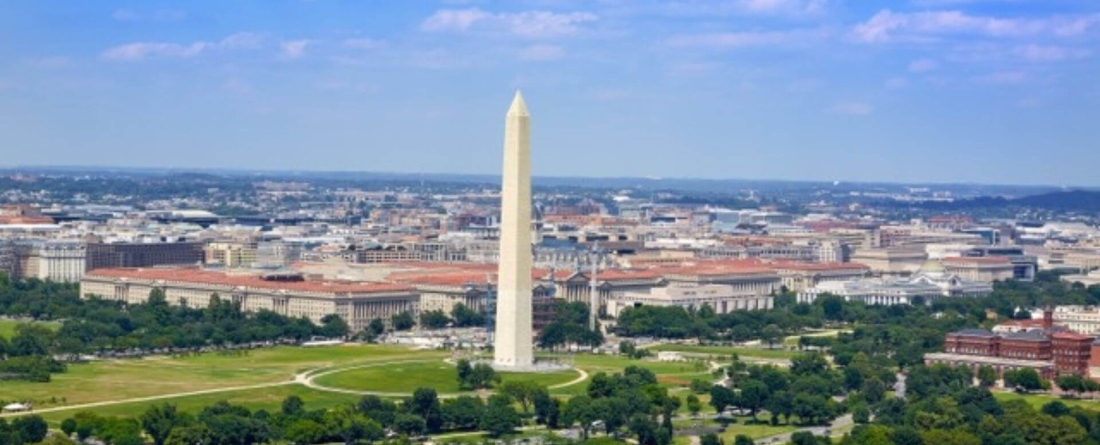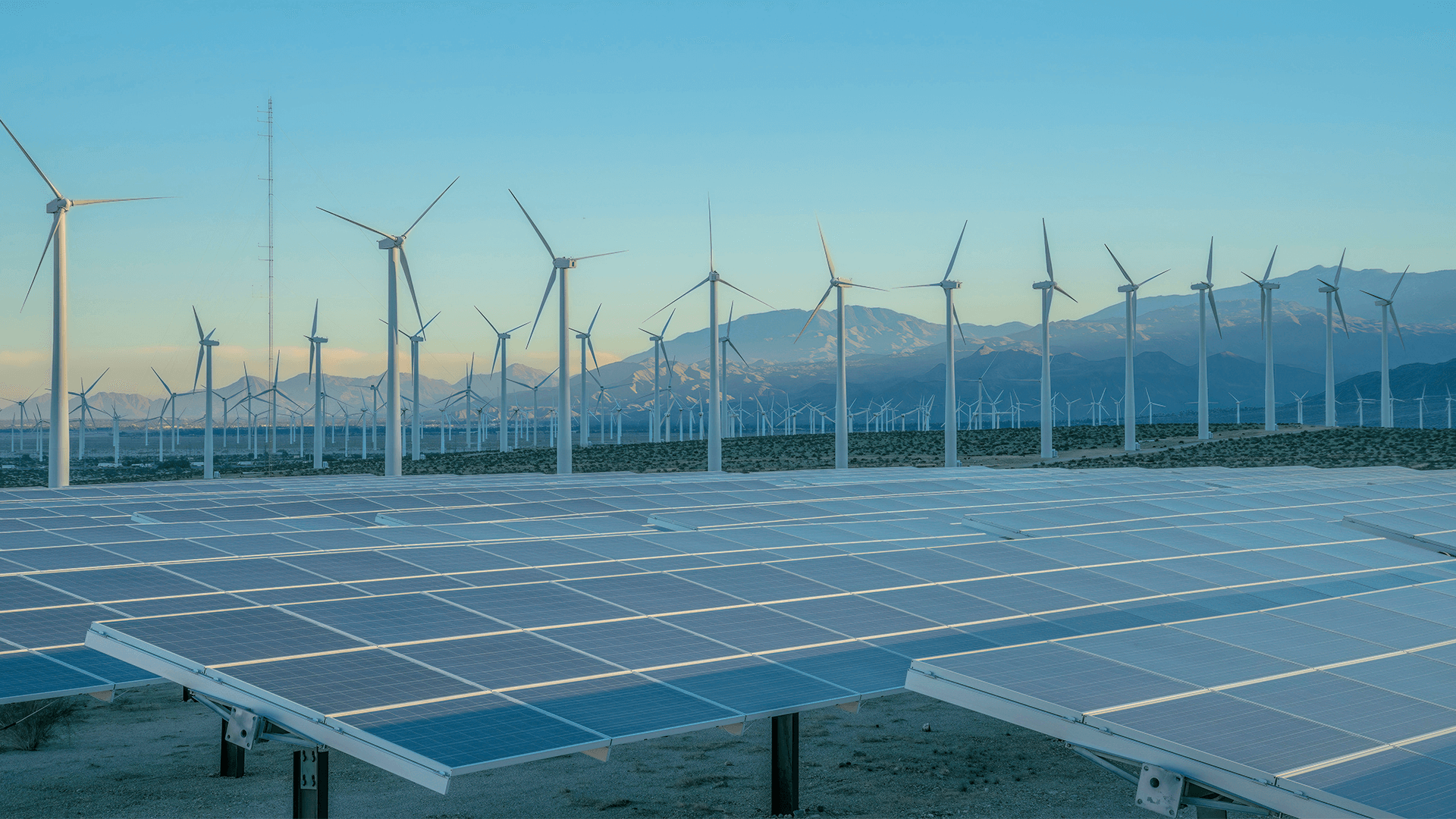
On June 2-7 in Washington, D.C., the George Mason University’s Schar School of Policy and Government and the Center for Global Sustainability at the University of Maryland will host the 2024 Energy and Climate-Tech Innovation Policy “Boot Camp” for Early Career Researchers. This boot camp, featuring 20 esteemed participants, aims to help early-career researchers enhance their impact on real-world clean energy and climate innovation policy outcomes.
“This boot camp offers early-career researchers a vital opportunity to deepen their understanding of energy and climate-tech policy-making, ensuring their research has a meaningful impact on real-world clean energy and climate innovation,” said Kathleen Kennedy, Assistant Research Professor at the Center for Global Sustainability and the boot camp co-director. “After being a participant in the 2022 Boot Camp, I am thrilled to help lead this new cohort of fantastic early-career researchers.”
Learn more about the upcoming boot camp below.
_____________
The Schar School of Policy and Government at George Mason University and the University of Maryland’s Center for Global Sustainability will host a weeklong boot camp for 20 early-career researchers in fields related to energy and climate innovation policy.
The 2024 Energy and Climate-Tech Innovation Policy Boot Camp is set for June 2 to 7 in Washington, D.C. This immersive program aims to deepen participants’ grasp of energy and climate-tech policymaking, ensuring their research can more effectively influence real-world outcomes in clean energy and climate innovation. The initiative is generously backed by the Alfred P. Sloan Foundation.
“The boot camp is meant to introduce promising early-career academics to the complexities and nuances of the D.C. policy process,” said David Hart, the Schar School professor of public policy who is directing the program. “Policymakers ask different questions and communicate differently than academics. Even academics who genuinely want to contribute don’t always know how. But they can learn, and that’s the main purpose of the boot camp.”
Participants will have the chance to engage in dynamic, face-to-face discussions with influential figures shaping the energy and climate-tech policy landscape across the United States. These conversations will span a wide array of key sectors, including Congress, the executive branch, international organizations, nongovernment organizations, philanthropic bodies, and businesses.
The international roster of participants “represents a diverse set of disciplines, from engineering to science to social science, and a range of interests across the climate policy landscape,” such as power, transportation, construction, and others, Hart said.
Participants were chosen through a competitive selection process. The attendees this year include postdoctoral fellows and tenure-track faculty from top universities.
Building on the success of previous boot camps held in 2019 and 2022, the 2024 event promises an even more robust program, thanks to a partnership with the Bipartisan Policy Center’s Energy Program.
Kathleen M. Kennedy of Maryland’s Center for Global Sustainability, a 2022 boot camp alumna, serves as co-director. A distinguished panel of scholars forms the advisory committee, ensuring a top-tier educational experience for all participants.
“The problem of global climate change is one of the truly profound challenges of the 21st century, and we desperately need more policy-focused research and more effective communication between researchers and policymakers,” Hart said.



